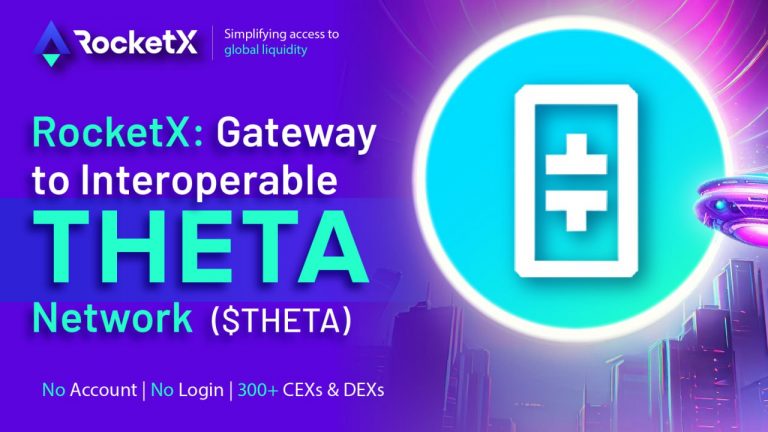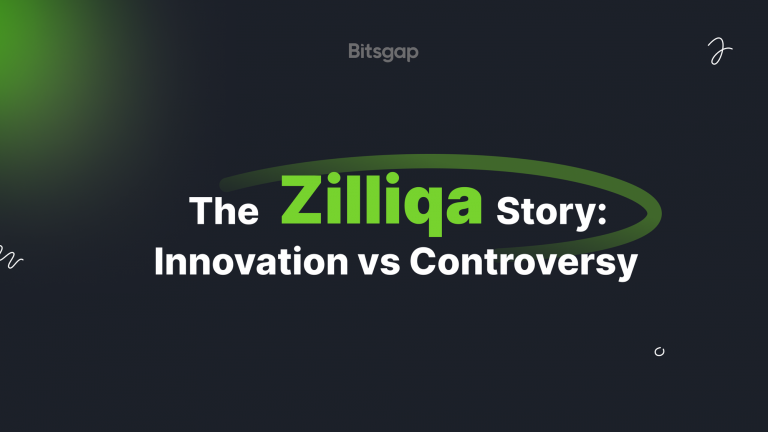
Monero The Privacy-Focused Cryptocurrency
Monero, a decentralized cryptocurrency launched in 2014, is renowned for its strong privacy features. Unlike Bitcoin and other cryptocurrencies that use a transparent blockchain, Monero employs advanced cryptographic techniques to ensure the anonymity of its users.
The Birth of Monero
Monero was created by a group of developers who sought to address the privacy concerns associated with Bitcoin. The developers believed that the transparency of the Bitcoin blockchain made it vulnerable to surveillance and tracking. To overcome these limitations, Monero incorporated several privacy-enhancing technologies into its design.
Monero’s Privacy Features
Monero’s privacy features are designed to protect the anonymity of its users. These features include:
- Ring Signatures: Ring signatures allow multiple users to sign a transaction together, making it difficult to determine who sent or received the funds.
- Confidential Transactions: Confidential transactions hide the amount and recipient of a transaction, making it difficult for third parties to track the movement of funds.
- Stealth Addresses: Stealth addresses are unique addresses generated for each transaction, making it difficult to link transactions to a specific user.
The Benefits of Monero
Monero’s privacy features offer several benefits, including:
- Enhanced Privacy: Monero provides a high level of privacy for its users, protecting their financial data from surveillance and tracking.
- Resistance to Censorship: Monero’s decentralized nature makes it resistant to censorship and government control.
- Financial Privacy: Monero can be used for financial transactions without revealing the identities of the parties involved.
- Potential for Privacy-Focused Applications: Monero’s privacy features make it suitable for a variety of applications, such as anonymous payments and decentralized finance (DeFi).
The Challenges of Monero
Despite its privacy features, Monero also faces some challenges:
- Regulatory Concerns: The privacy features of Monero have raised concerns among regulators, who fear that it could be used for illicit activities.
- Adoption: Monero has not achieved the same level of mainstream adoption as Bitcoin, limiting its real-world use cases.
- Technical Complexity: Monero’s privacy features can make it more complex to use than other cryptocurrencies.
The Future of Monero
The future of Monero is uncertain, but it has the potential to play a significant role in the cryptocurrency landscape. As the demand for privacy-focused cryptocurrencies grows, Monero may become a more widely adopted and accepted digital asset. However, the challenges it faces, such as regulatory scrutiny and limited adoption, will need to be addressed to ensure its long-term success.
In conclusion, Monero is a unique cryptocurrency that offers a high level of privacy for its users. While it faces challenges, its potential benefits make it a compelling option for those seeking financial privacy and resistance to censorship. As the cryptocurrency market continues to evolve, it will be interesting to see how Monero’s position develops.



